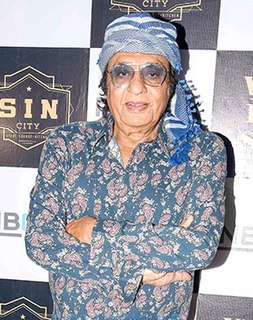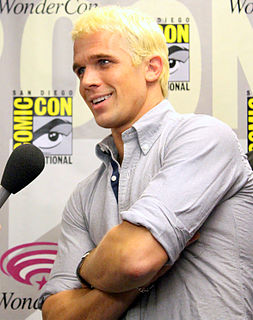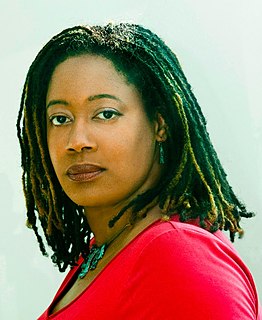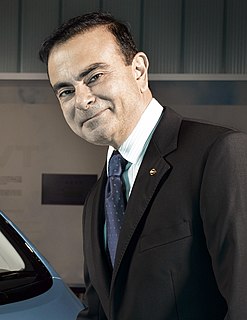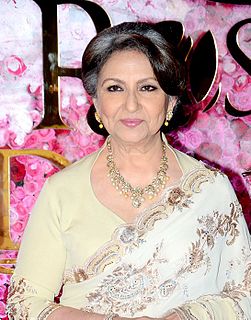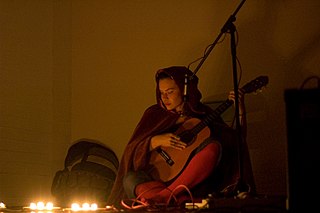A Quote by Yiyun Li
Regarding heroism, I grew up in a culture where you learn about heroes and heroines all the time. In a way, when you call someone a hero or heroine, it's the same as calling them a villain.
Related Quotes
So many misconceptions surround the notion of heroism. Far too many categorize a hero as a champion on the battlefield, a commander of legions, a master of rare talent or ability. Granted, there have been heroes who fit those descriptions. But many men of great evil as well. Heed me. A hero sacrifices for the greater good. A hero is true to his or her conscience. In short, heroism means doing the right thing regardless of the consequences. Although any person could fit that description, very few do. Choose this day to be one of them." (Beyonders - A World Without Heroes)
Using the language of heroism, calling Daniel Ellsberg a hero, and calling the other people who made great sacrifices heroes - even though what they have done is heroic - is to distinguish them from the civic duty they performed, and excuses the rest of us from the same civic duty to speak out when we see something wrong, when we witness our government engaging in serious crimes, abusing power, engaging in massive historic violations of the Constitution of the United States. We have to speak out or we are party to that bad action.
I'm saying to be a hero is means you step across the line and are willing to make a sacrifice, so heroes always are making a sacrifice. Heroes always take a risk. Heroes always deviant. Heroes always doing something that most people don't and we want to change - I want to democratise heroism to say any of us can be a hero.
I'm saying to be a hero it means you step accross the line and are willing to make a sacrifice, so heroes always are making a sacrifice. Heroes always take a risk. Heroes always deviant. Heroes always doing something that most people don't and we want to change - I want to democratise heroism to say any of us can be a hero.
Calling something exotic emphasizes its distance from the reader. We don't refer to things as exotic if we think of them as ordinary. We call something exotic if it's so different that we see no way to emulate it or understand how it came to be. We call someone exotic if we aren't especially interested in viewing them as people - just as objects representing their culture.
There is the global teenager hypothesis, that what happened in the '60s in America was that there was, the baby boom cohort grew up at the same time that television and popular music grew up, so that we had this carrier frequency that we all tuned into that gave us the feeling of a common culture, even though I was in Phoenix and someone was in Des Moines. That now we are getting the global cohort at the same time we have our first global communications. MTV is everywhere.
I grew up in the age of discount air fare, and for me, the act of joining a culture was a great way about learning about that different culture. So I grew up in the South, and went to college in the North, and found out that I learned about myself as a Southerner by leaving the South and going to the Northeast.
Like the ability of all the musicians to end the song at the right time. Or when it's time for a chord change, but nobody knows what the chord should be, and you all, you know, it all just changes, magically, at the same time. It's when you pick up your phone to call someone and that person is calling you.

